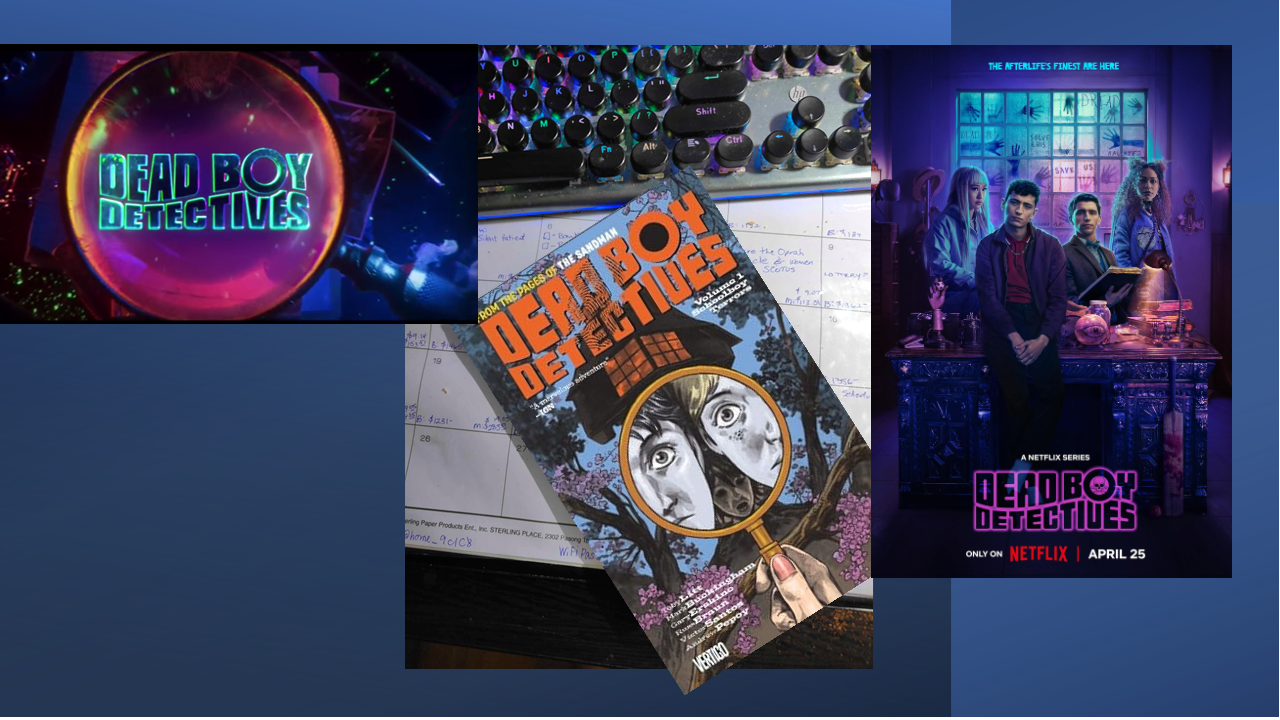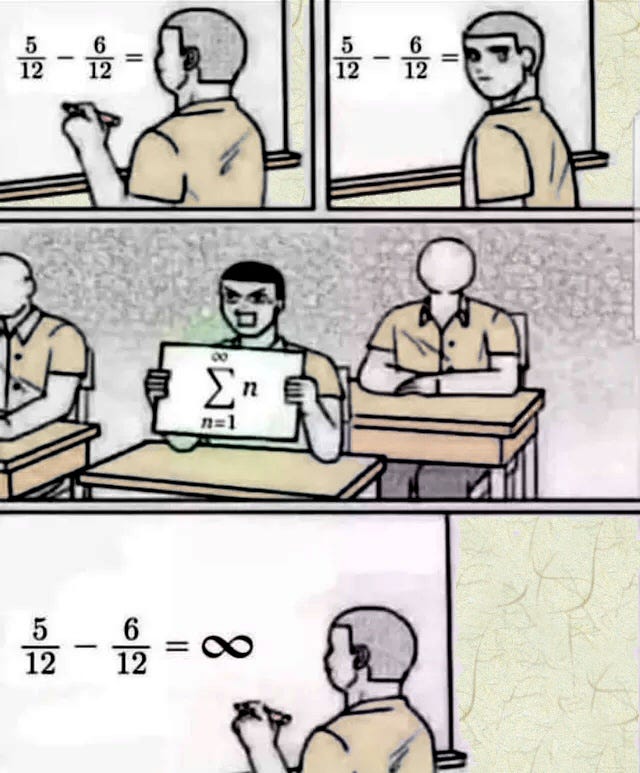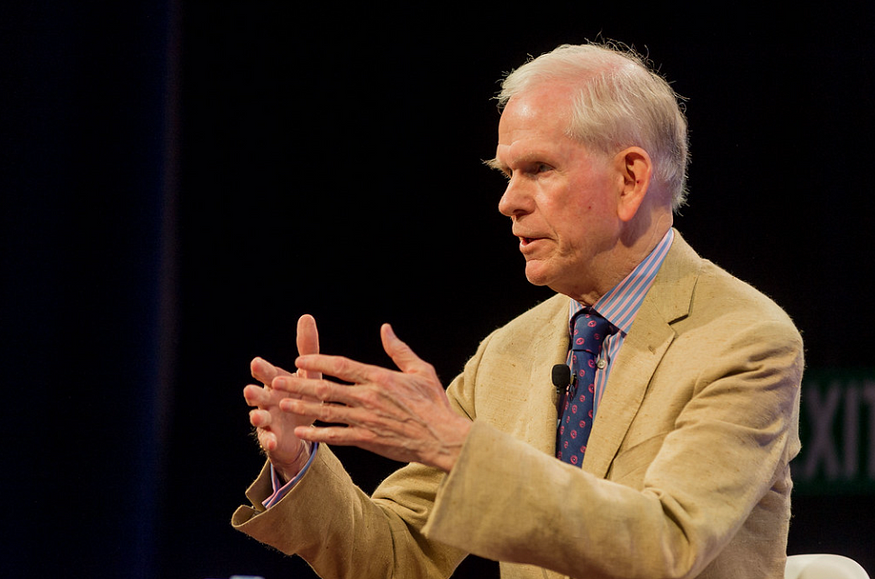Casey’s Reviews
How Pretty is “Pretty Woman”, Over 30 Years Later?
Revisiting the 1990 film starring Julia Roberts and Richard Gere
The romantic comedy Pretty Woman charmed 90s audiences with its rags-to-riches plot of a prostitute and a wealthy businessman falling in love, but three decades later, with societal values having significantly changed, the question arises: does this movie hold up to contemporary standards, or wave too many red flags?
I remember watching Pretty Woman as a teenager and being enraptured by Julia Roberts’ performance. Like with Dirty Dancing (1987), I figured rewatching it as an adult in the 2020s would be a very different experience, so when my husband and I came across it as an option for our weekly Classics Movie Night, I jumped at the chance to revisit Pretty Woman.
Opening in grimy downtown Los Angeles, Pretty Woman follows Vivian Ward (Julia Roberts), a naïve prostitute with a heart of gold, who meets Edward Lewis (Richard Gere) when he stops to ask her for directions. The street-savvy Vivian jumps at the chance to drive his borrowed car and gets him where he needs to go, an upscale hotel.
Vivian’s bubbly personality and expert knowledge of cars charm Gere’s steely character Edward, and he invites her to his hotel room. What ensues is a whirlwind of comedic mishaps as Vivian tries her “tricks” on Edward — acting as she’s been told she should, as a prostitute — only to win him over by being her goofy self.
Vivian: Let’s watch old movies all night. We’ll just veg out in front of the TV.
Edward: Veg out?
Vivian: Yeah. Be still like vegetables. Lay like broccoli.
At first, Edward is happy to let her order room service and watch movies while he works and just enjoys her company. This is how I remembered the movie when I first watched it. I told my husband, “I’m pretty sure they don’t have sex for a while.”
Well, I’m not sure if I watched a cleaner, made-for-TV version, but the first night Vivian spends with Edward they do, indeed, have sex, and pays her. I remembered the early plot completely differently, with him talking at her and trying to make her laugh — like The Catcher in the Rye. The somewhat explicit scene of her offering him oral sex took me by complete surprise!
“Welp, I guess I was wrong!” I said. “But I think the rest of the movie is less problematic.”
And for the most part, it is. After their first night together, Edward makes Vivian an offer: a full week of her company, with an added budget for clothes and food, for three thousand dollars cash. The only catch? She has to dress up like a high-society lady and accompany him on networking opportunities as his plus one.
One of the first major clashes is when Vivian gets turned away from high-end boutiques on Rodeo Drive — despite having fistfuls of cash with which to buy a dress — because she doesn’t look “respectable.” Her humiliation at being treated as lesser highlighted the difference in their expectations and experience of the world.
Edward: You and I are such similar creatures, Vivian. We both screw people for money.
Although she eventually wins over the hotel staff, gets suitably dolled up, and plays the role of a high-society lady beautifully (including learning which fork is used for what), there is always that nagging doubt that she belongs here, because she… doesn’t. She is so out of place that she attracts unwanted attention and even suspicion. Then, in a truly horrifying scene, Edward’s lawyer Phil Stuckey (Jason Alexander, of Seinfeld fame) finds out that she was hired off the street and attempts to rape her when she refuses to let him pay her for sex.
Edward comes to her rescue just in time, but the magic has snapped back to reality: Vivian is a sex worker, and in the real world, men treat her the way Stuckey does — like she’s a cheap thrill with no option to say “no.”
An attempted rape scene, and especially one of such ferocity, would never pass muster in a modern rom-com. But the thing about Pretty Woman is that it doesn’t read like a rom-com. I mean, the first scene of the movie is of Vivian hearing about a dead prostitute found in a dumpster, and trying to find her roommate Kit (Laura San Giacomo), who has spent their rent on drugs. It’s more like a dark comedy turned fairy tale, with copious allusions to Cinderella and Rapunzel.
Vivian’s reaction to Edward’s “proposal” at the end of their whirlwind week-long romance (he offers to rent her a place to have her on-call for him when he makes business trips to LA) juxtaposes these two competiting realities:
Vivian: When I was a little girl, my mama used to lock me in the attic when I was bad, which was pretty often, and I would pretend I was a princess trapped in a tower by a wicked queen, and then suddenly this knight on a white horse… would come charging up and draw his sword, and I would wave, and he would climb up the tower and rescue me — but never in all the time that I had this dream did the knight say to me, “Come on, baby, I’ll put you up in a great condo.” […]
Edward: This is all I’m capable of right now. It’s a very big step for me.
Vivian: I know. It’s a really good offer for a girl like me.
Edward: I’ve never treated you like a prostitute.
Vivian: [quietly, as he walks away] You just did.
From a contemporary lens, Pretty Woman is undeniably a product of its time. The romanticization of sex work may not sit well with modern audiences, especially amidst ongoing conversations surrounding exploitation, marginalization, human trafficking, and drug abuse. Additionally, the power dynamics between Edward and Vivian raise red flags. His offer to “keep” her is paternalistic at best, and problematic behaviour throughout the movie goes unexamined. If Pretty Woman were made today, it would either go one of two ways:
- It would be much darker, with explicit sex scenes, nudity, more drugs, more dead prostitutes and grime and crime before the romance plot kicks in; or
- It would be a lighter comedy without any of the above, and the implied sex scene(s) would come later and be much more romantic, with their first night together deliberately chaste (to demonstrate Edward’s respect for her and to emphasise his “not like other men”-ness); or, hear me out, surprise third option:
- The roles would be gender-swapped so that a rich woman hires a male escort to pretend to be her boyfriend for a week, like Anna Faris’s 2018 remake of Overboard (1987, starring Kurt Russel and Goldie Hawn).
In any case, the “problematic” elements of the relationship would get explicitly addressed, likely in a big heartwarming speech where someone declares their love. In the dark version, it would be even crueler than the version we see in Pretty Woman; in the comedy, there would be some Deus ex machina that makes everything okay in the end.
Despite its dated elements, I think Pretty Woman still manages to retain its charm. At its core, it’s pure fantasy. Vivian and Edward both fit a trope of being “not-like-other girls.” Vivian hasn’t been a prostitute for very long; she doesn’t do drugs; she manages to maintain a certain “innocence” despite her profession. Although Edward’s job is buying failing companies and selling the parts (eugh), he comes around and decides to invest in building something and learns that throwing money at a problem doesn’t make it go away.
Edward: “We don’t build anything, Phil. We don’t make anything.”
Stuckey: “We make money, Edward.”
Although the dire circumstances of Kit and the ruthlessness of Stuckey periodically remind the audience of the “real” world (and act as sort of realistic counterparts for the main duo), Vivian and Edward are not unlike the stars of Bridgerton: romanticized, ahistorical fantasy leads seemingly unaffected by the “real” world. As Bridgerton has shown, there’s definitely still space for that in contemporary media.
It even hits a sort of “old fashioned” note by having the Big Romantic Moment that the audience knows they’re in love be their first kiss. Despite having lots of sex all over the penthouse (and once, memorably, on top of the piano in the hotel bar), Vivian doesn’t kiss her customers on the mouth — making that first real kiss very sweet, romantic, and oddly traditional.
I have to say, I was entertained. Although not a “period” piece at the time, Pretty Woman captures a late-80s “pop art” vibe that is fun, if not exactly timeless. Watching the characters throw around obscene amounts of money — and Vivian getting to get back at the retailer who snubbed her — makes for a good show.
So, even though the movie wasn’t exactly as I remembered it, without all the nostalgia getting in the way, Pretty Woman manages to make me smile. Julia Roberts was stunning. Her laugh was infectious — it’s no wonder that Edward fell for Vivian. I could take or leave Richard Gere, but Roberts was a knockout.
Of a time and place, it works. I don’t see it leaving the pop culture memory any time soon — especially the moment when the absolute banger that inspired its title, “Oh, Pretty Woman” by Roy Orbison, finally plays after being teased for half the movie. Cinematic joy!
Reviewsday Tuesday is run by yours truly, Casey Lawrence. Running a publication is a time-consuming volunteer activity. If you’re enjoying my content, consider showing your support by buying me a coffee.
If you would like to become a writer for Reviewsday Tuesday, check out the submission guidelines:







